I'm using Visual Studio 2013 Ultimate, with no chance to upgrade to Visual Studio 2015 by the moment.
I'm looking for a way to determine all the possible exceptions that a target member can throw, so researching I heard about Microsoft Pex which is an IDE extension for VS2008/VS2010 which tries to determine "all" the possible exceptions that a target member can throw:
I'm not sure about its logic or how it works because I cannot install it for my Visual Studio version, it comes as a MSI package that once unpacked seems it does not have a vsixmanifest file to make the known trick to let work a extension for newer Visual Studio versions.
By the way, Microsoft exposes that PEX is replaced by a feature of Visual Studio 2015 named IntelliTest
NEW: IntelliTest in Visual Studio 2015 is the evolution of Pex. IntelliTest is a feature integrated in Visual Studio Enterprise 2015. IntelliTest works together with Fakes.
However I don't think so, since PEX by the comments I heard seems a little tool with an unique purpose related to determining possible exceptions (as commented for example here), IntelliTest seems a full featured unit testing package, on which I'm not interested to, I just want to inspect for possible exceptions of a target member.
So, following my research I also found ExceptionHunter of RedGate's:
But it became a discontinued software on year 2010 because technically reasons after .Net framework 2.0 appeared, and RedGates does not provide any more a download url to this useful software on their website, I can't find this software.
So, today in .Net development, what a programmer can do to determine, in an automated way, "all" the possible exceptions that a target member can throw?.
Note that I'm not looking for a full unit testing features like Nunit because these kind of packages meets a lot of features that I don't need, but if a unit testing package like that offers a simple way to determine all the exceptions of a member then I'm open to suggestions.

